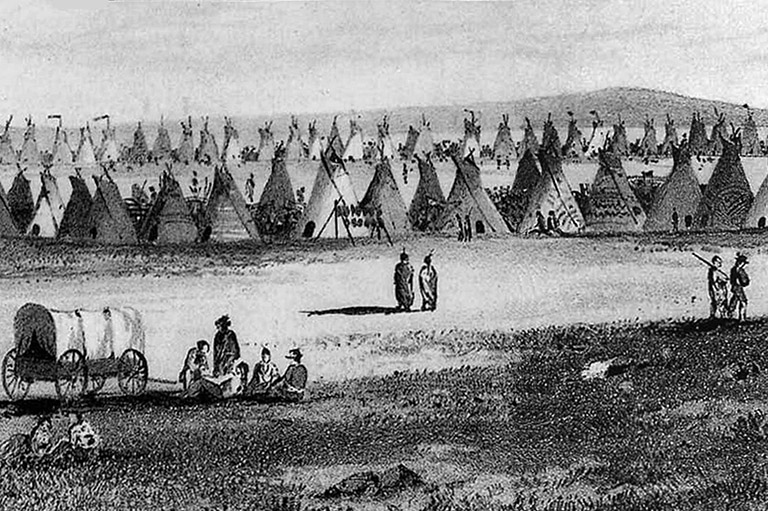Supreme Court makes historic ruling on Métis land claim
The Manitoba Act received royal assent on May 12, 1870, ending a period of conflict in the Red River Settlement and formally creating the Province of Manitoba. However, the form of negotiations and the terms and obligations set out under the Act are the subject of a claim brought against the federal government by the Manitoba Métis Federation.
In the ruling on March 8, 2013 that ended the thirty-year claim, the Supreme Court of Canada determined that the federal government failed in its obligations to the Métis people under the Manitoba Act.
Philippe Mailhot, historian and director of the Saint Boniface Museum, provides a historical perspective of the claim and the Supreme Court’s ruling.
You might also like...
Themes associated with this article
Advertisement
We hope you’ll help us continue to share fascinating stories about Canada’s past by making a donation to Canada’s History Society today.
We highlight our nation’s diverse past by telling stories that illuminate the people, places, and events that unite us as Canadians, and by making those stories accessible to everyone through our free online content.
We are a registered charity that depends on contributions from readers like you to share inspiring and informative stories with students and citizens of all ages — award-winning stories written by Canada’s top historians, authors, journalists, and history enthusiasts.
Any amount helps, or better yet, start a monthly donation today. Your support makes all the difference. Thank you!

Beautiful woven all-silk necktie — burgundy with small silver beaver images throughout. Made exclusively for Canada's History.











